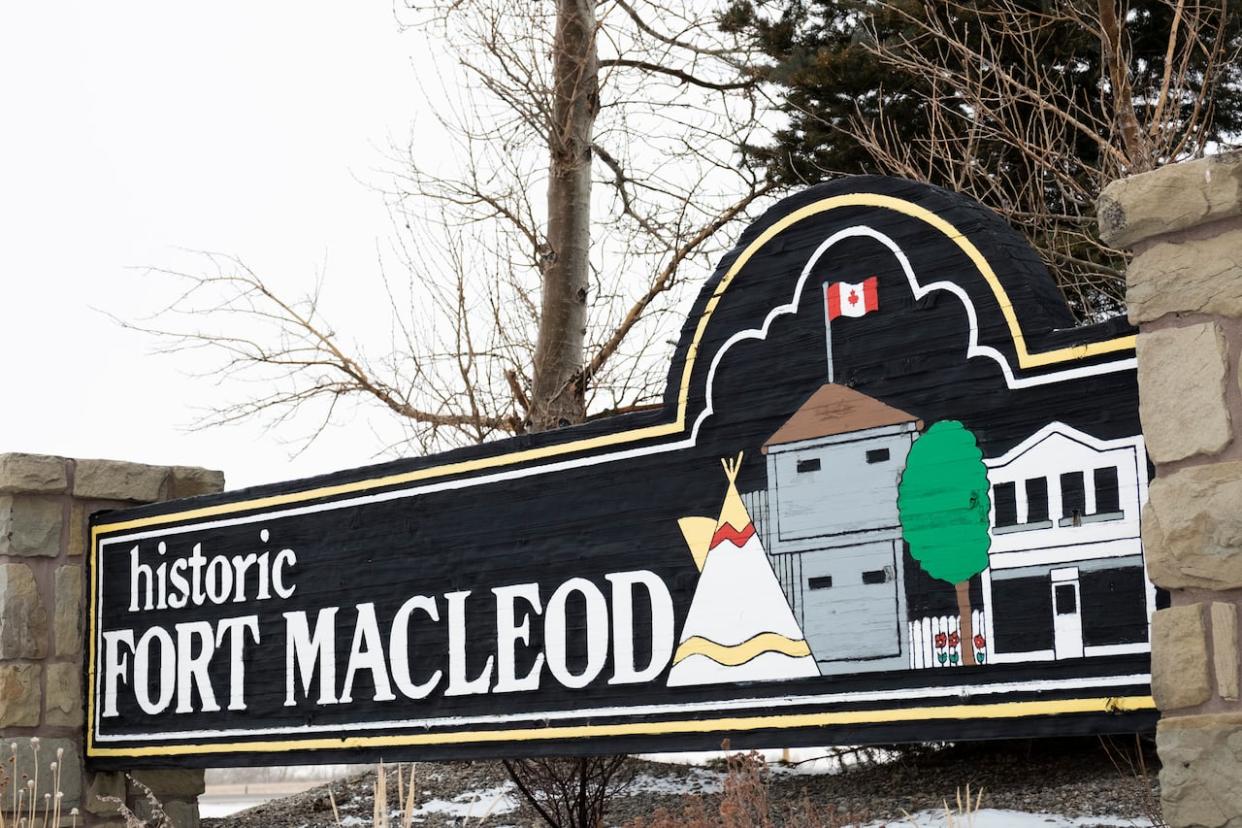Rural Alberta municipalities call for more infrastructure funding

A provincial funding formula change has left some rural municipalities saying they need more money for infrastructure upgrades.
This tension is growing following the March 2023 amendment to the Local Government Fiscal Framework Act, which established a framework for providing infrastructure funding to all Alberta municipalities for 2024-2025.
The funding is replacing the municipal sustainability initiative.
The fiscal framework fund is divided based on population and the value of infrastructure projects in a community.
The fund starts at $722 million for this year, about $1 billion less than what Alberta Municipalities say its members require. And that means making tough decisions like raising property taxes, delaying much-needed infrastructure projects, or cutting services.
LISTEN | Rural communities facing tough financial decisions with infrastructure projects
Kara Westerlund, a Brazeau County councillor, told CBC that rural communities struggle to pursue big infrastructure projects amid inflationary pressures and provincial bureaucracy.
"We're making really tough decisions in our community," said Westerlund, who is also vice-president of Rural Municipalities of Alberta.
"Unlike the province and the federal government, we are not allowed to run deficit budgets. We actually have to balance our budgets. We do have borrowing capacity, but we have some very tight restrictions."
For a project like repairing a 50-year-old culvert, that also means dealing with what Westerlund calls "red tape."
"We've got to jump through some bureaucracy, and some red tape sometimes just repairing the culvert can actually set us back a building season because we have to go in and make sure we get the right approvals from Alberta Environment. And this is on existing infrastructure that's probably in place."
Glen Ockerman, reeve for the County of St. Paul, said upgrading and replacing a wastewater system, priced at $23 million, is work they cannot undertake without provincial funding.
"The numbers are just so huge of what it costs to do these projects, we hardly imagine how we can get it done if there isn't provincial dollars."
Consultant Ian McCormack said it ultimately all comes back to "there only being one taxpayer."
"Whether I am paying taxes to the federal, provincial or the local government, or even indirectly to the school board, it's still all coming out of my pocket. So how they would get divvied up is a bit of a shell game sometimes," said McCormack, whose company Strategic Steps focuses on municipal governance.
"If the province de facto is downloading costs to municipalities, it makes the province look good and makes the municipalities look like they are charging more than they ought to be."
Costs related to the RCMP have been contentious, with some communities, like the County of St. Paul, having to shoulder $500 million for this year.
Ockerman said the county has had to increase its property tax by 5 per cent.
However, some municipalities, like Fort Macleod, said they are trying to be patient with the timelines needed for projects like storm drainage.
"Would we love to see the province or the feds put in $10 million and get us really going? Yeah, but that money still has to come from somewhere," said Mayor Brent Feyter.
"We know that province is trying to get their house in order [and] the feds have ever-increasing amounts of debt that they're accumulating, which is only going to come back on us as citizens in the future if we don't get that in track."
Ric McIver, minister of municipal affairs, told CBC the changes put forward last year are about creating a more predictable funding stream.
"As we go forward, some of the faster-growing municipalities will see a faster rise in their level of funding than slower growth municipalities because, of course, they'll have more people to look after."


